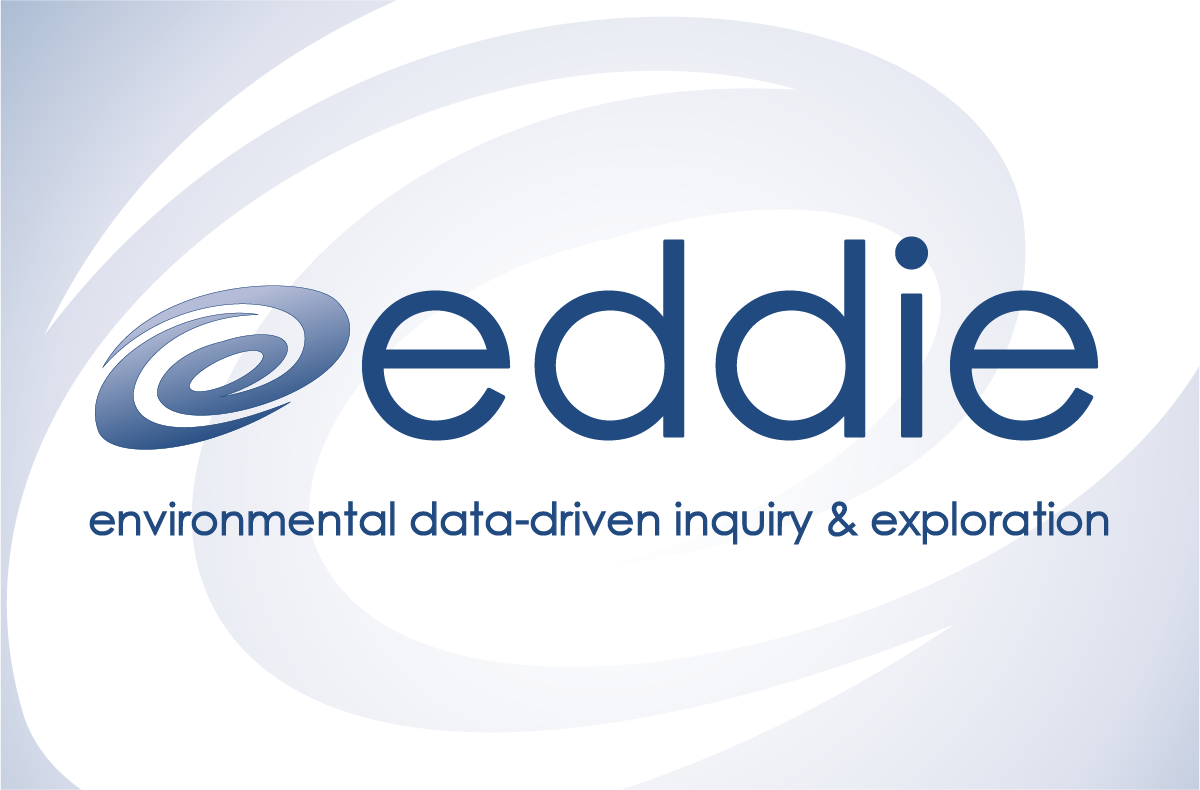Project EDDIE FMN Spring 2022
Overview
|
This is a completed Faculty Mentoring Network (FMN). FMNs are sustained, immersive, community-based professional development opportunities for faculty. FMNs support the adaptation and implementation of materials and/or instructional approaches in their classrooms. Learn more about FMNs. Interested in upcoming FMN opportunities? Sign up for the BioQUEST Newsletter Browse products from this FMN Visit partner groups for full resource collections |
Teaching Scientific Concepts and Quantitative Reasoning Using Large Datasets and Inquiry-Based Learning
Brought to you by
Goals
- Adapt modules that address mathematical skills using a topic in biology
- Learn how to use data-driven modules in undergraduate life science courses
- Mix and match parts of modules and customize them for use in the classroom
Mentors
Final Products
Climate Change Module (Project EDDIE)
Version: 1.0 Adapted From: Climate Change Module (Project EDDIE) v1.0
Hypoxia in Coastal Marine Ecosystems (Project Eddie) - Modified
Version: 1.0 Adapted From: Hypoxia in Coastal Marine Ecosystems (Project Eddie) v1.0
Climate Change Module (Project EDDIE)
Version: 1.0 Adapted From: Climate Change Module (Project EDDIE) v1.0
Hypoxia: A Case Study in R
Version: 1.0 Adapted From: Hypoxia in Coastal Marine Ecosystems (Project Eddie) v1.0
Climate Change Module (Project EDDIE)
Version: 1.0 Adapted From: Climate Change Module (Project EDDIE) v1.0
Climate Change Module (Project EDDIE) for Introductory Statistics
Version: 1.0 Adapted From: Climate Change Module (Project EDDIE) v1.0
Sustainability Metrics (Project EDDIE)
Version: 1.0 Adapted From: Sustainability Metrics (Project EDDIE) v1.0
Climate Change Module (Project EDDIE)
Version: 1.0 Adapted From: Climate Change Module (Project EDDIE) v1.0
Climate Change Module (Project EDDIE): Instructor Implementation
Version: 1.0 Adapted From: Climate Change Module (Project EDDIE) v1.0

